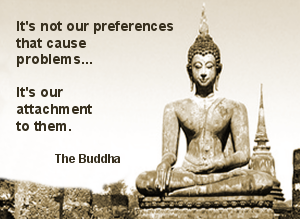A Jew and a Hindu had very different views when debating the meaning of the Swastika on BBC’s Sunday Morning Live (3rd Nov 2013). As part of Diwali week (a Hindu festival) the BBC asked David Schneider and Kiran Bali to debate the question: “Can the Swastika be reclaimed as a symbol of peace?”
The BBC followed this up with a half-hour programme: The Story of the Swastika. The two programmes illustrate some of the fundamental differences between how people think differently in the West and East, and how problems of conflict can be overcome from the perspective of analytical psychology.





